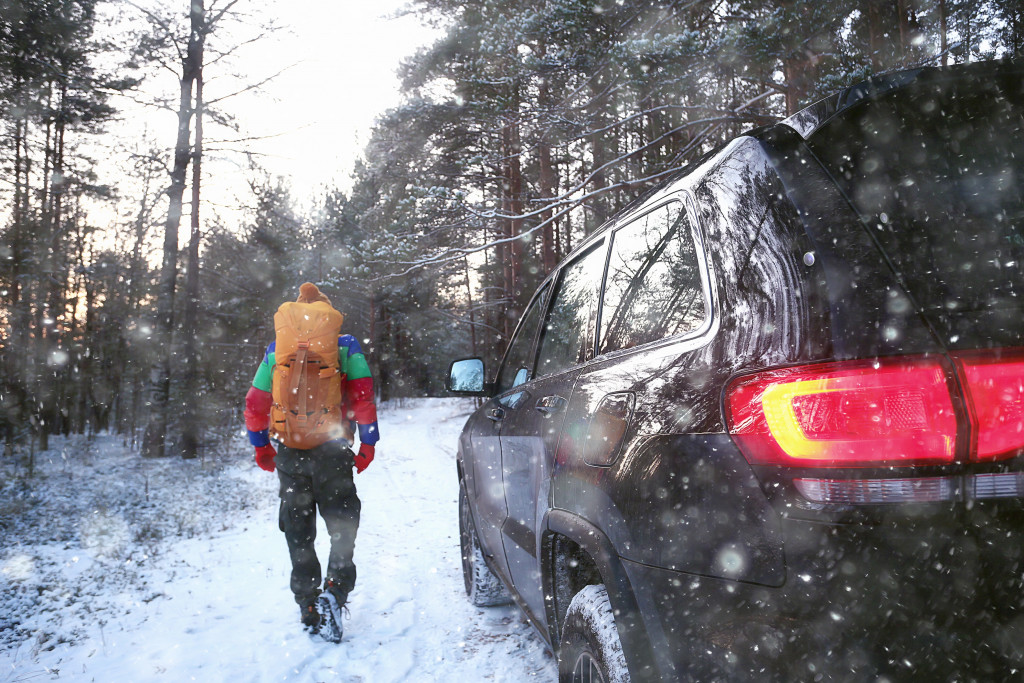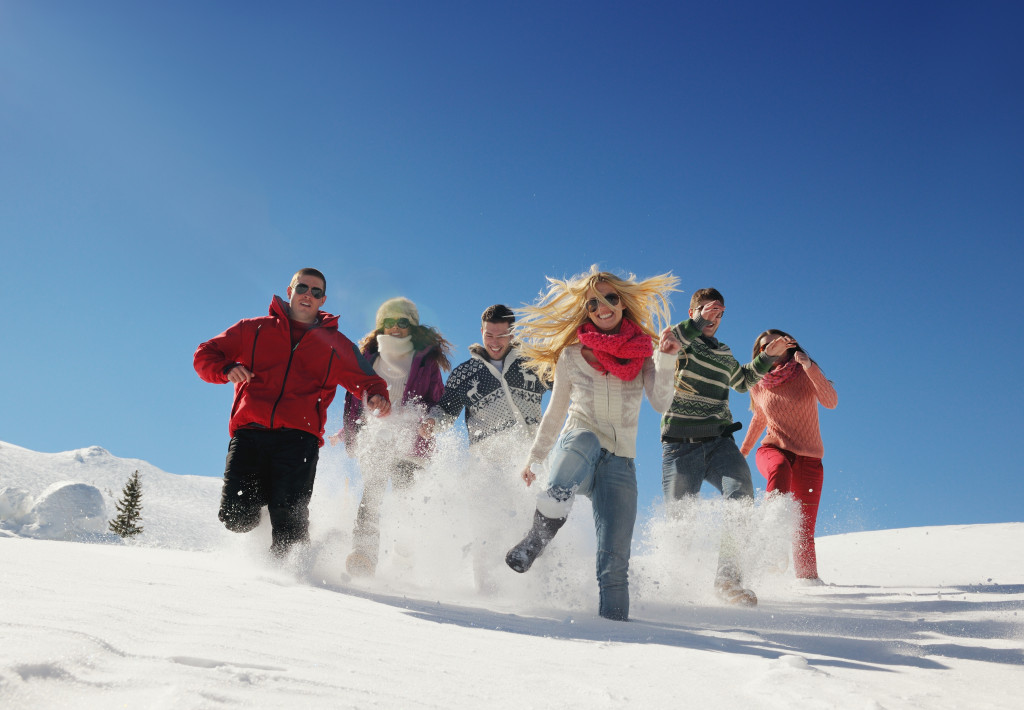Winter travel can be an exciting and adventurous time. Still, it’s important to remember that certain health and safety risks come with cold weather. From blizzards to frostbite, there are a lot of things that you need to be aware of before your winter vacation. Don’t let the cold weather put a damper on your holiday plans! You need to know about staying safe during your winter vacation.
Frostbite and Hypothermia
Frostbite is a condition caused by prolonged exposure to cold temperatures. It can cause skin tissue to freeze, resulting in swelling, numbness, and tingling sensations. In extreme cases, it can even lead to tissue death or amputation. This happens when the body cannot maintain its core temperature, leading to hypothermia. It is common when the temperature drops below freezing.
Ways to Avoid Frostbite and Hypothermia
To avoid frostbite and hypothermia, wear several layers of warm clothing and keep your head, hands, and feet covered. Drinking plenty of fluids and staying hydrated is also important, as dehydration can increase the risk of these conditions. Additionally, you should avoid tight-fitting clothes and wet fabrics as these can trap moisture, making you more susceptible to the cold. It is also a good idea to avoid alcohol as it can make you more vulnerable to the cold.
If you start feeling numbness or tingling in your extremities, it can signify frostbite, and you should seek medical attention immediately. Also, avoid drinking alcohol while outside, and at all costs, avoid smoking; both substances can impair your judgment and increase your risk of frostbite or hypothermia.
Winter Driving Hazards
Driving during the winter can be dangerous due to icy roads, blowing snow, and other hazardous conditions. It also causes your car’s tires to lose traction, leading to skidding and collisions. You may also experience visibility problems due to fog or snow. You could have a serious accident if you don’t practice safe driving.
Tips for Safe Winter Driving
To ensure your safety while driving during the winter, slow down and always wear a seatbelt. It’s also important to keep your car in good condition by checking the tires before taking any long trips and replacing worn-out tires.
Prepare Your Vehicle
If you plan on traveling in cold weather, it’s essential to prepare your vehicle. Check the battery and antifreeze levels and add fuel stabilizers if necessary. It is also important to ensure that your tires are properly inflated, as traction is essential for grinding through the snow. Colder temperatures tend to decrease tire pressure, so taking precautions and gauging your current levels is essential. In addition, tire socks are an excellent way to enhance traction in winter conditions. These will go directly onto your car tires and provide a much-needed grip on slippery roads.
Check your car’s emergency kit to ensure it is properly stocked with items like a flashlight, emergency blankets, jumper cables, a first-aid kit, and extra warm clothing. Finally, always let someone know when you are going on a road trip so that they can alert authorities if something happens.

Snow Sports Safety
If skiing or snowboarding is part of your winter vacation plan, then make sure you take all necessary precautions when hitting the slopes! Although you may enjoy or even thrive on the thrill, it is important to remember that snow sports can be quite dangerous and should never be taken lightly. This is especially risky if you are a beginner, as it is easy to overdo it and suffer an injury.
Tips for Safe Snow Sports
Before you hit the slopes, make sure that you invest in the right gear and keep your body warm with multiple layers of clothing. Familiarize yourself with trail difficulty ratings, so you don’t accidentally wander down on one that’s too advanced for your skill level. This will help ensure maximum enjoyment for everyone involved without putting anyone at risk for injury due to inexperience or lack of knowledge about proper technique & form when skiing/snowboarding down said trails.
In case of an accident or injury, alert the ski patrol and take proper medical attention immediately. If you sustained a serious injury, such as a head injury or broken bone, it’s best to call an ambulance and get off the mountain before attempting to ski down. You may need time off and get treatment for sports injuries. Remember that treatment may include physical therapy, medication, and/or rest, depending on the severity of your condition. Make sure to follow your doctor’s instructions to make a full recovery.
Nothing says winter vacation, like fresh snow and cold temperatures. Still, it’s important to remember that safety should always come first! Ensure you know the risks associated with winter travel and how to avoid them. Follow these tips for a safe and enjoyable winter vacation experience.

